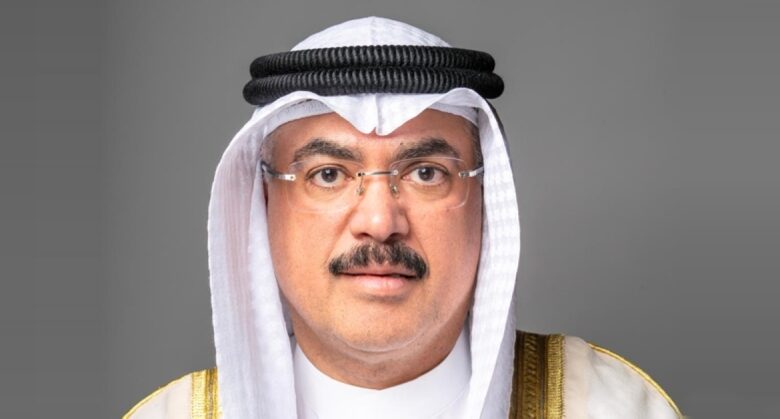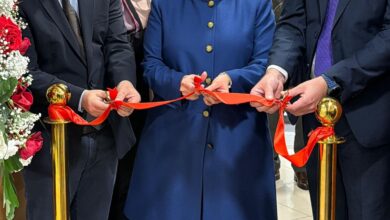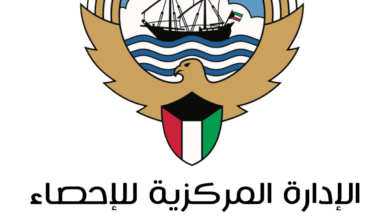
As part of the government efforts to reform the education system and improve its financial and administrative efficiency, the Ministry of Education has recorded significant progress over the past nine months under the leadership of Minister Jalal Al-Tabtabaei.
Since taking office, Al-Tabtabaei has introduced a series of measures to combat corruption and eliminate waste, recovering and saving approximately 18.5 million dinars to the government Treasury,
These efforts are part of the 2025–2027 Education Reform Plan, which Al-Tabtabaei presented to His Highness the Prime Minister Sheikh Ahmad Al-Abdullah three weeks ago. The plan has achieved a 61 percent completion rate within less than a year, signaling a strong start to a comprehensive reform process.
The reform program includes 39 objectives spanning financial and administrative reforms, curriculum development, infrastructure modernization, and digital transformation.
Notable achievements include full exam integrity through a new regulatory mechanism, recovering 16 million dinars in debts, restructuring assignment decisions to save 2.4 million dinars and reducing exam-related suspensions by 376 percent compared to the previous year.
In terms of education quality, the Ministry has partnered with the OECD to align curricula in mathematics, science, and English with international standards.
A new teacher licensing system has reached 60 percent completion, while training in artificial intelligence has made 80 percent progress. The Ministry has also introduced AI and cybersecurity into curricula, introduced summer clubs, and established an office for gifted students.
Modernization efforts extend to infrastructure and digital transformation, with 70 percent of schools equipped with updated facilities, 40 percent of smart classrooms completed, and 100 percent of citizen service transactions automated. The new “Balligh” electronic program is also streamlining maintenance operations and monitoring performance.
Observers note that with over half of the plan’s objectives already achieved, the three-year roadmap could be completed ahead of schedule, marking a potential turning point for Kuwait’s education sector.
The Ministry’s future priorities include developing a quality guide, advancing learner assessments, completing electronic archiving, and reforming contracting mechanisms to ensure greater efficiency and transparency.
Follow The Times Kuwait on X, Instagram and Facebook for the latest news updates












